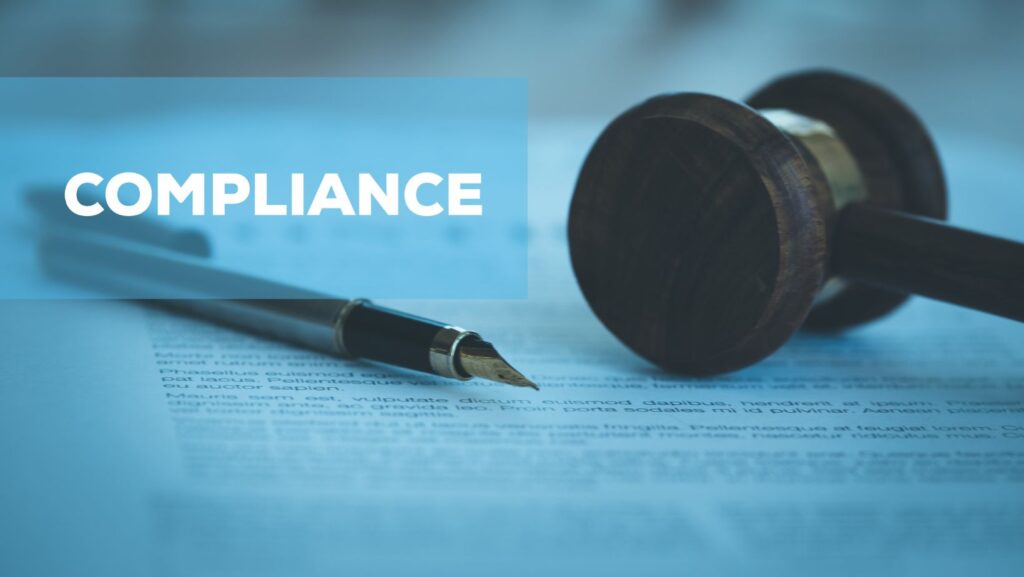As a legal professional, you need to be aware of the implications of improper document disposal and the importance of securely disposing of sensitive paperwork. Paper shredding is an essential part of maintaining secure records in any legal setting, but what are the specific rules around this vital practice? In this blog post, we’ll dive into all things paper shredding—from proper document destruction methods to considering FACTA and GLBA regulations—to ensure that you stay compliant and protected from potential security risks.
Benefits of Paper Shredding in Legal Environments
Paper shredding is a crucial process in legal environments, with many benefits to be reaped by those who choose to implement it. Firstly, paper shredding ensures that confidential information stays confidential. Legal documents often contain sensitive information that, if leaked, could have detrimental effects on individuals or companies alike. Secondly, paper shredding is beneficial from an environmental standpoint. By properly disposing of paper waste through shredding and recycling, legal offices can reduce their environmental impact and contribute towards a more sustainable future. Thirdly, paper shredding helps to declutter workspaces, providing the space necessary for more important tasks at hand. In sum, paper shredding is a no-brainer for legal environments seeking to maintain confidentiality, reduce waste, and improve overall productivity.
The Importance of Maintaining Compliance
Maintaining compliance is crucial for any industry that deals with personal information. Compliance refers to the adherence to standards and regulations set forth by government bodies and industry organizations. Maintaining compliance is essential for businesses to operate legally, ethically, and responsibly. Compliance helps to ensure that the interests and rights of all stakeholders, including employees, customers, investors, and society as a whole, are protected. It also helps businesses avoid financial penalties, legal consequences, and reputational damage. Thus, every business must make compliance a top priority and establish a robust compliance program that includes policies, procedures, training, and monitoring to prevent violations and detect any breaches. By doing so, businesses can build trust, enhance their reputation, and achieve sustainable growth in the long run.
Different Types of Shredding and What to Consider
When it comes to shredding documents and other confidential materials, there are a variety of options available.
One-Time Purge
One-time purge shredding is ideal for occasional, large-scale shredding projects. This service involves a one-time pick up of documents and materials that need to be shredded, with the shredded material being recycled afterward.
Schedule Shredding
Schedule shredding allows you to have documents and materials securely shredded regularly, usually monthly or bi-weekly. This service is ideal for those who need consistent document disposal but don’t have the time or resources to do it in-house.
On-Site Shredding
For businesses seeking secure, convenient document shredding at their location, on-site shredding is an excellent choice. This service entails a mobile shredding truck arriving at the business premises to securely and efficiently shred all documents on-site.
When considering which type of shredding is best for your legal environment, it is important to think about factors such as the volume of paperwork, budget, security needs, and convenience.
Compliance With Data Protection Regulations
Data protection laws, such as the Fair and Accurate Credit Transactions Act(FACTA) and the Health Insurance Portability and Accountability Act (HIPAA), impose strict guidelines on handling and disposing of sensitive data. Non-compliance can lead to severe penalties, legal repercussions, and reputational damage. Paper shredding ensures that documents are properly destroyed by these regulations.
FACTA And GLBA
FACTA and the Gramm-Leach-Bliley Act (GLBA) are two of the most important data protection laws that businesses must adhere to. FACTA requires companies to protect consumer information from identity theft by properly disposing of sensitive documents. Under GLBA, financial institutions must ensure the security and confidentiality of customer information.
HIPAA
The Health Insurance Portability and Accountability Act (HIPAA) aims to protect the privacy of individuals’ health information. HIPAA requires organizations to implement reasonable safeguards when disposing of protected health information (PHI). Paper shredding is an important part of maintaining compliance with HIPAA regulations.
Paper shredding is an integral component of legal operations. By using secure document destruction services, lawyers and law firms can protect confidential documents while staying compliant with the laws. Choosing Desert Document Shredders guarantees that all your confidential documents will be destroyed securely and professionally. Our state-of-the-art shredding equipment, comprehensive services, and certified technicians make us the best choice for document destruction in the industry. Contact us today to learn more about how we can help you safeguard your confidential information.


